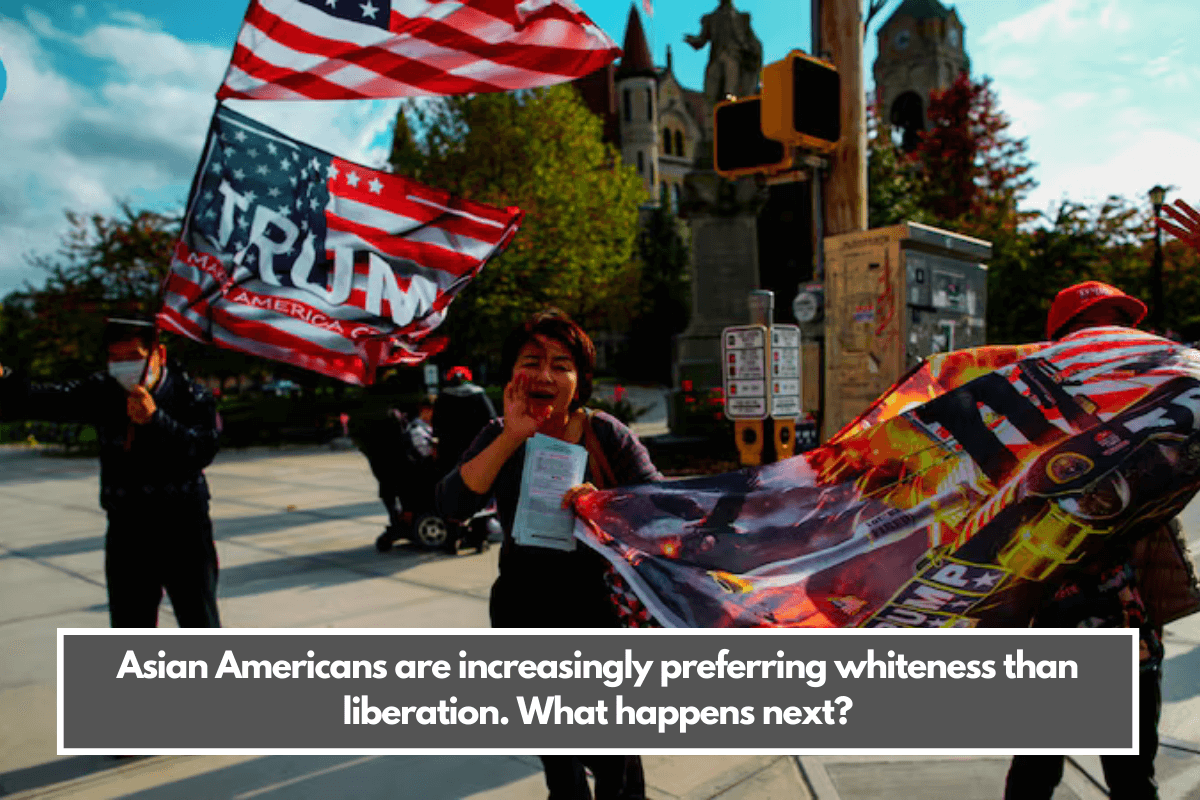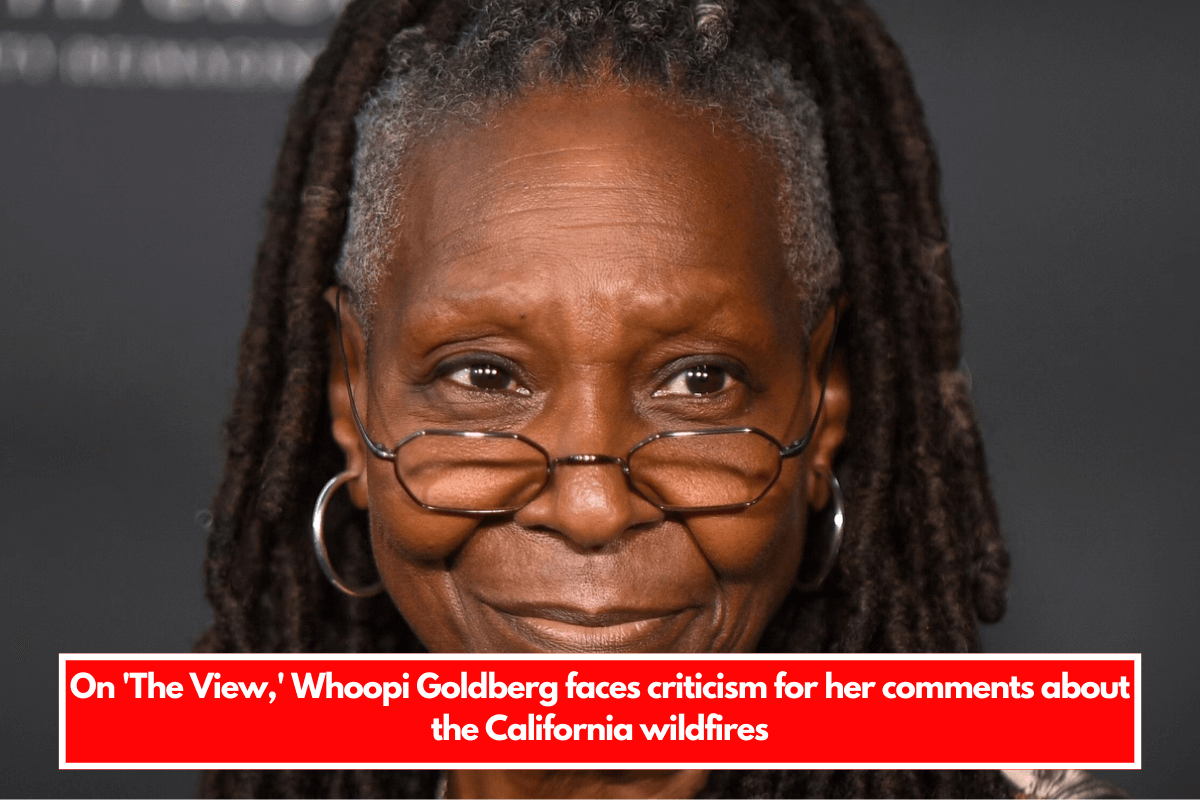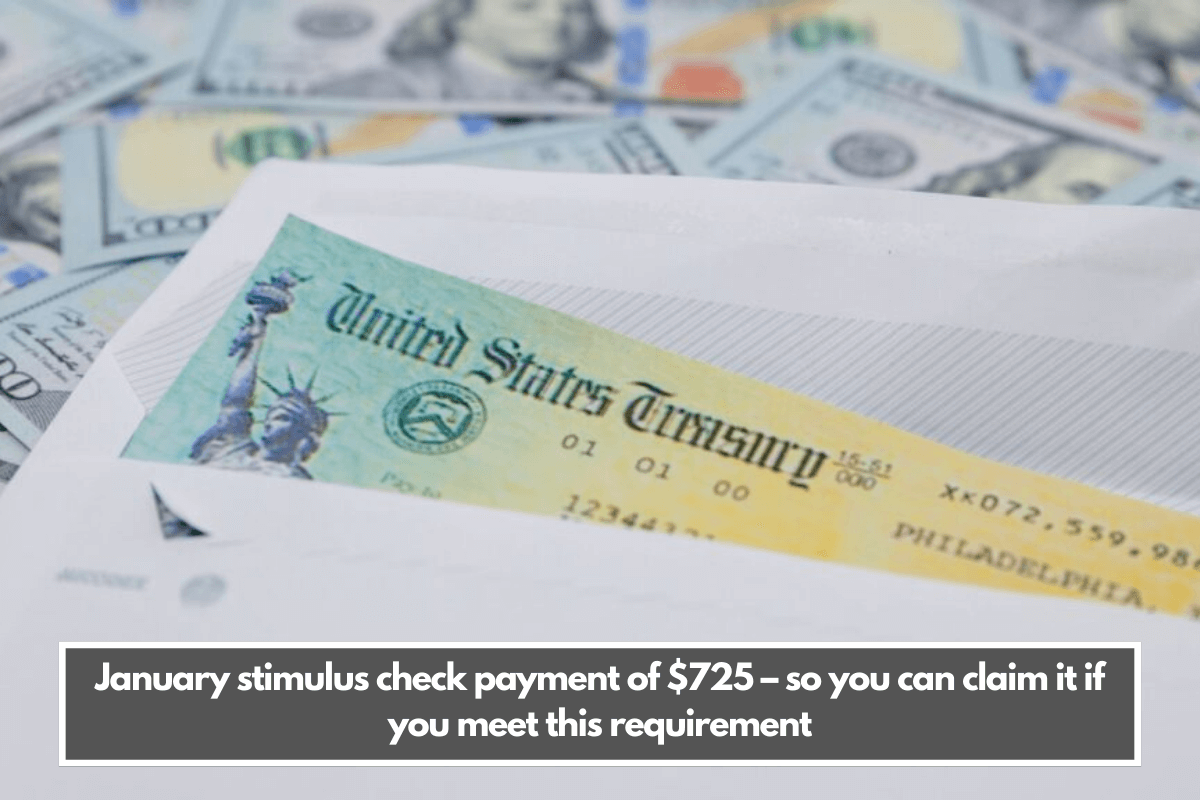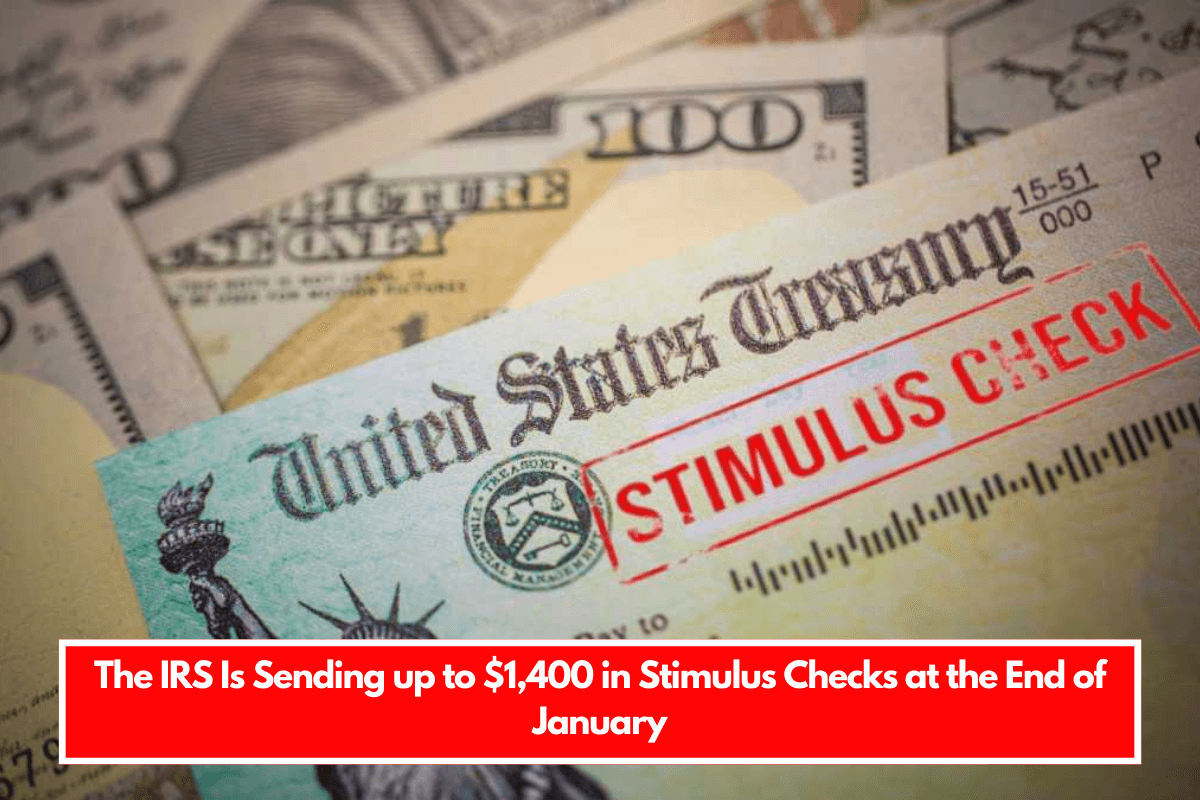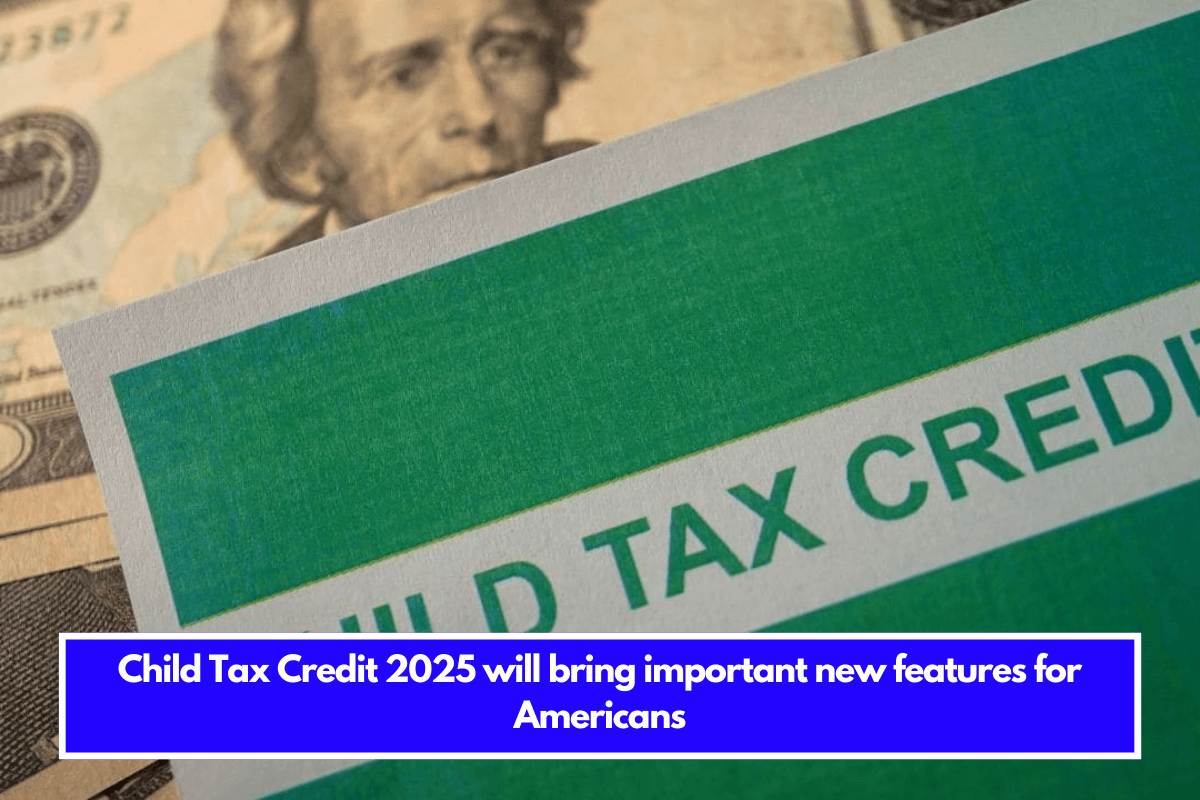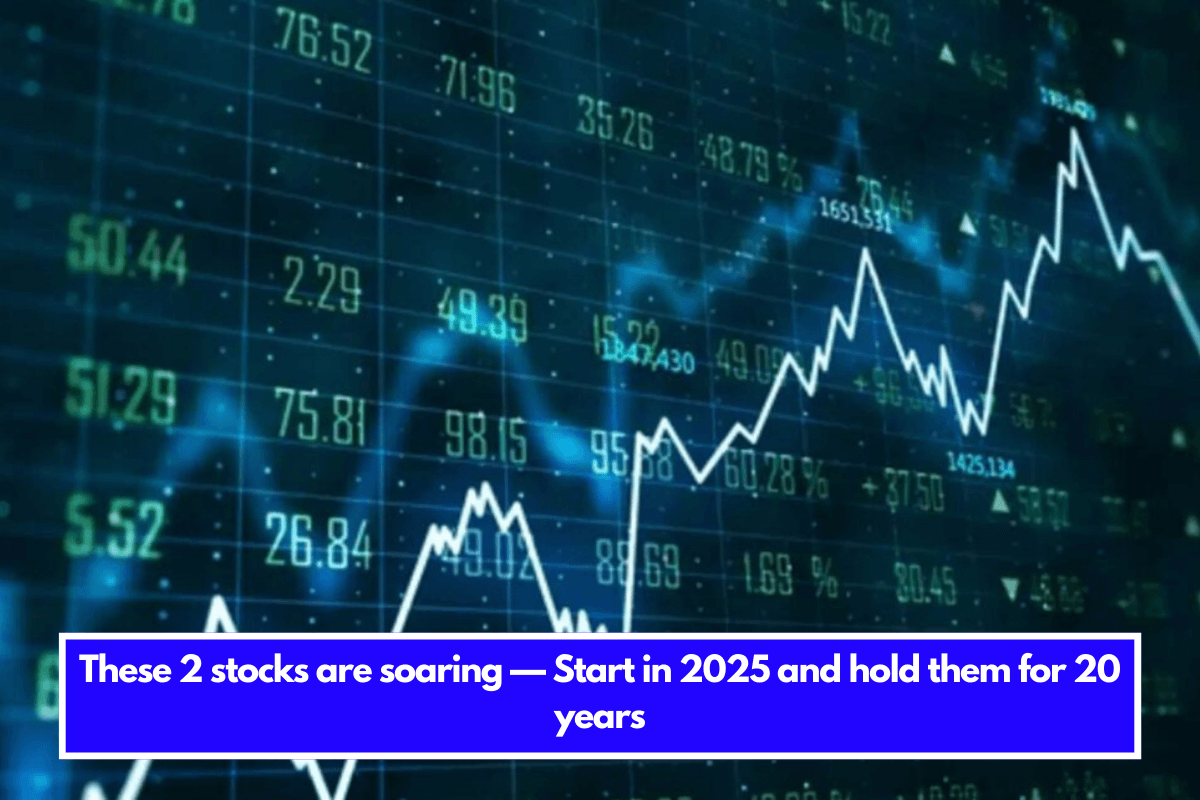Former President Donald Trump’s return to the White House has garnered unprecedented support from Asian American voters.
Approximately 39% of Asian American voters supported Trump in the 2024 presidential election, up from 27% in 2016. Despite his racist and xenophobic history, including anti-Chinese rhetoric early in the COVID-19 pandemic, which resulted in an increase in violent attacks against East and Southeast Asian Americans in general.
This shift occurred despite the fact that his opponent, current Vice President Kamala Harris, had a chance to become the first Asian American president. Instead, like other racial groups, Asian Americans appear to have been driven primarily by economic concerns, particularly inflation and rising living costs.
The Democratic Party’s crushing defeat reveals a fundamental misunderstanding of voters of color. Their blinkered belief that “demography is destiny” assumed that voters of color, such as Asian Americans, would fall in line simply because they were not Trump.
However, the 2024 election confirms Asian voters’ growing rightward shift over the last two decades. Liberal politics, as represented by the Democratic Party, are no longer popular among Asian Americans, particularly in California, where nearly one-third live.
To understand why Asian Americans are increasingly drawn to Trump and reactionary politics, we must first examine the “American” part of the term.
According to scholar and activist Bianca Mabute-Louie’s new book, UNASSIMILABLE: An Asian Diasporic Manifesto for the Twenty-First Century, the term “Asian American” emerged as a radical formulation during the civil rights movements, based on solidarity with other racialized groups and an anti-imperialist commitment.
Currently, it is “reduced by the mainstream politics of representation and inclusion.”
According to Mabute-Louie, Asian Americans are constantly perceived as a “racial danger to American society.” This puts them under constant pressure to conform to whiteness, become an ostensibly successful “model minority,” and reap the benefits of serving as “an ideological weapon against [ostensibly unsuccessful] Black and Latino communities.
” However, whether during World War II’s mass incarceration of Japanese Americans or the pandemic’s anti-Asian racism, belonging will always be conditional and easily revoked.
In this insecure political space, with no meaningful left alternatives, Asian Americans are incentivized to maintain the current white racist, capitalist order and reap whatever material benefits they can. This comes at the expense of others, both outside and within their communities.
Consider the Asian, primarily Chinese, American right’s battle for access to elite universities. According to Mabute-Louie, selective immigration policies, community educational resources, and affirmative action policies have all contributed to an exponential increase in Asian American college representation.
However, the large number of Asian students did not result in institutional power in supposedly liberal universities, but rather promoted education as a zero-sum game.
Rather than challenging the scarcity of educational opportunities, more Asian Americans believed they were being discriminated against if they or their children were unable to enroll in top schools.
Though the majority of Asian Americans support affirmative action, enough prioritized their own assimilation and joined forces with white conservatives to repeal affirmative action policies last year. This will harm all communities of color, including Asian Americans, but particularly underrepresented Southeast Asians and Pacific Islanders, who are frequently grouped with Asians.
The Asian American right is more than just a tool of the white conservative establishment; as organizer Promise Li points out, they are “active co-conspirators” in defending what they see as their American societal privileges and reactionary ideological preferences.
Other reactionary forces identified by Mabute-Louie among Asian Americans include conservative evangelical Asian churches, which spread a broader hostility to trans and queer rights among their congregants.
Concerns about crime and safety have led many Asian American conservatives, like their white counterparts, to organize against police reform, open shelters for the homeless in their communities, and buy into narratives of Black criminality and support for the American criminal justice system.
The truth is that as Asians assimilated into America, they adopted many of Trump’s fascist policy preferences. And, like the Democratic Party, Asian American organizers who want to forge a different path for their communities must present an affirmative vision that contradicts the one espoused by the right.
As the title suggests, Mabute-Louie proposes going beyond “Asian American” and instead becoming “unassimilable” as “Asians in Diaspora.” This rejects seeking acceptance from the US empire and whiteness, allowing Asians to define their own belonging through values such as decolonial love and revolutionary solidarity with other communities.
This vision is based on a long history of multiracial organizing for better labor conditions, which many Asian communities have participated in alongside Black, Latino, and other communities in opposition to the white supremacist capitalist order. Mabute-Louie says, “May we refuse to belong here, together.”

